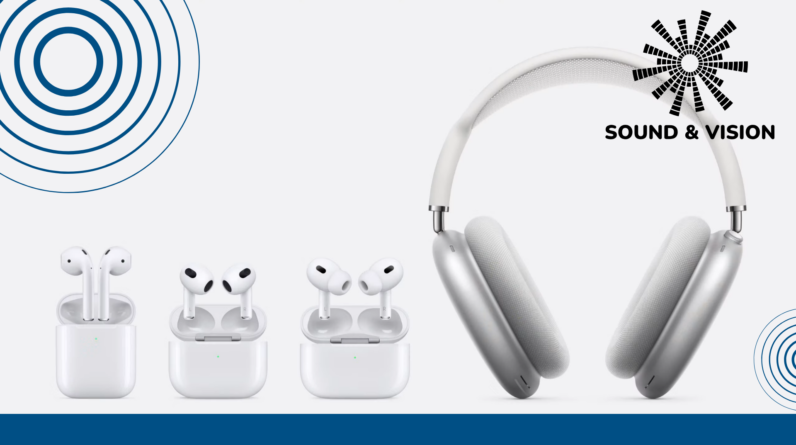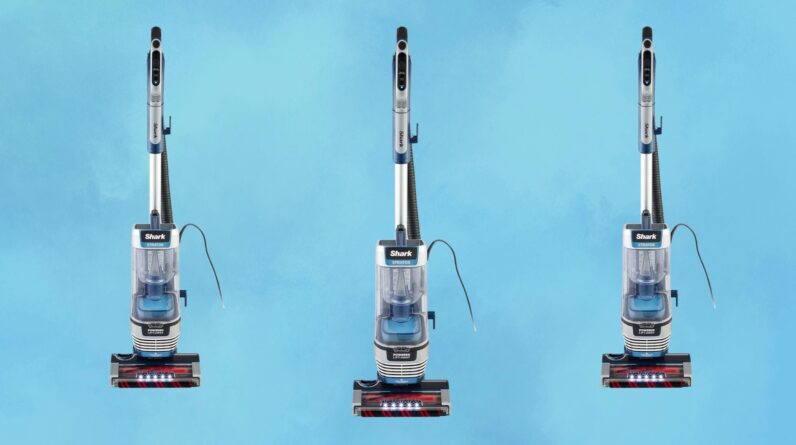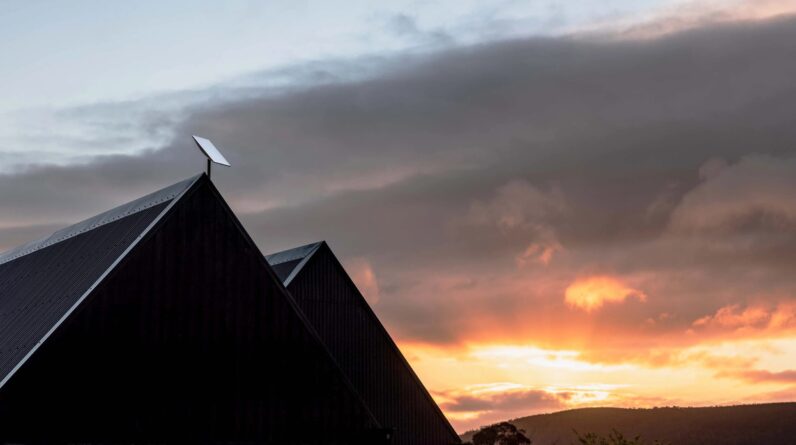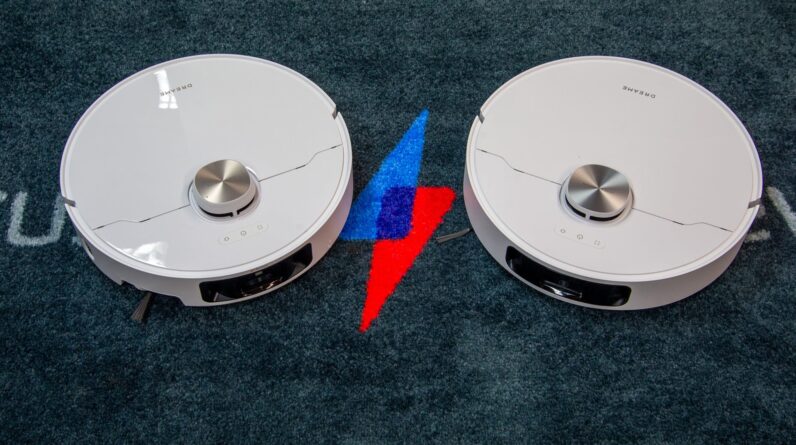
OPINION: Another Apple event has passed and pre-event scuttlebutt suggested we’d be seeing big upgrades in the AirPods line-up.
Some of what was rumoured beforehand came to pass with two new standard AirPods announced: a cheaper open-eared version and a more expensive option that comes with active noise-cancellation.
There was speculation that we would see the AirPods Max 2 announced, with some very trusted sources claiming it’d boast more advanced noise-cancelling and improved audio. All we actually saw was an announcement of new colours and the addition of USB-C for the original model. I don’t want to say I told you so, but I did write that Apple didn’t need an AirPods Max 2 anytime soon.
So while the AirPods announcement was full of some interesting titbits that’ll no doubt get people excited. I initially sat there watching the presentation thinking it was something of a missed opportunity, but I’m starting to come around to what Apple’s bringing to the market.
The new hearing health features for the AirPods Pro 2 will (hopefully) help those who suffer from poorer hearing to gain more clarity from conversations and the world around them, and they have just received approval from the FDA, which will make them one of the cheapest hearing tools of its kind in a market that’s proven to be very expensive.
Apple’s been circling this area of the market for years, and Bose, Sony, Philips, and Sennheiser/Sonova are just a few brands that have looked to expand into this space too, so it’s impressive that Apple has taken the leap and seem to have figured out how to do it. Though it’s worth countering that AirPods Pro 2 don’t have the longest battery life for a feature that likely requires you to wear the earphones all day.
Apple has taken an interesting direction with the AirPods 4. A cheaper version will help them compete against more budget options, even if the open-eared design will no doubt cause problems in terms of noise-isolation. It’s somewhat ironic that Apple announces hearing health features for one true wireless, while announcing another that doesn’t do much to protect you from loud noises.


A new take on ANC?
It’s the AirPods 4 with ANC that grab my attention. I’m not sure how an open-eared design with active noise-cancellation will work – having tried Huawei FreeBuds with that design/feature, the noise-cancelling was non-existent. The AirPods fit more in towards the ear that the FreeBuds did, so that’s an improvement, and the reaction from those who have tried seems to indicate that it does work; though I’m cautious to read too much into early reactions in a controlled environment.
The other features announced all have the sheen of Apple’s “one ecosystem” vibe where it brings features that no other company can do, but the reality is that these features have been pinched from other brands that were doing it years ago. The Conversation Awareness that was introduced in 2023 is a copy of Sony’s Speak-to-Chat; the Siri Interactions is something Klipsch was doing with its Bragi Moves gestures, and the Personalised Spatial Audio is not really a feature I’m totally convinced by considering it depends on how well the audio track was mixed in the first place. The most convincing spatial audio head-tracking I’ve come across is that of the Jabra Elite 10 Gen 2.
There’s still no lossless audio support, which I think Apple doesn’t really believe in, at least not over Bluetooth; which would make the most of the new “acoustic architecture” Apple keeps bringing with each iteration of the AirPods. I still have the feeling that Apple isn’t particularly innovative with the features its brought to the table.
Like with Apple TV streamers and its most recent iPhones, I get the feeling that Apple is adding features others have done with less fanfare and that there isn’t anything that’s particularly new but it all comes with all the added Apple sheen.
It’s progress, but as has been the case with Apple in the last few years, it’s mostly small steps rather than big leaps.






